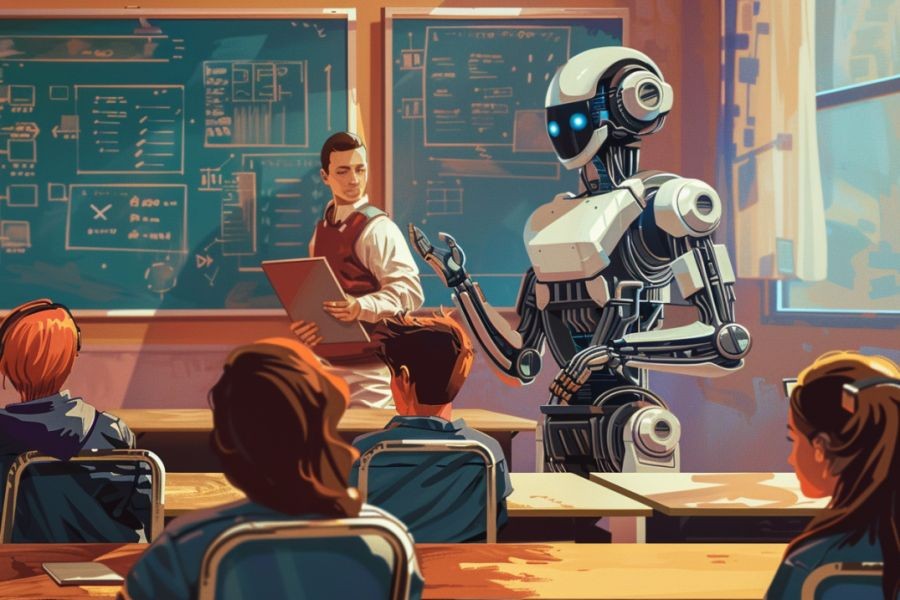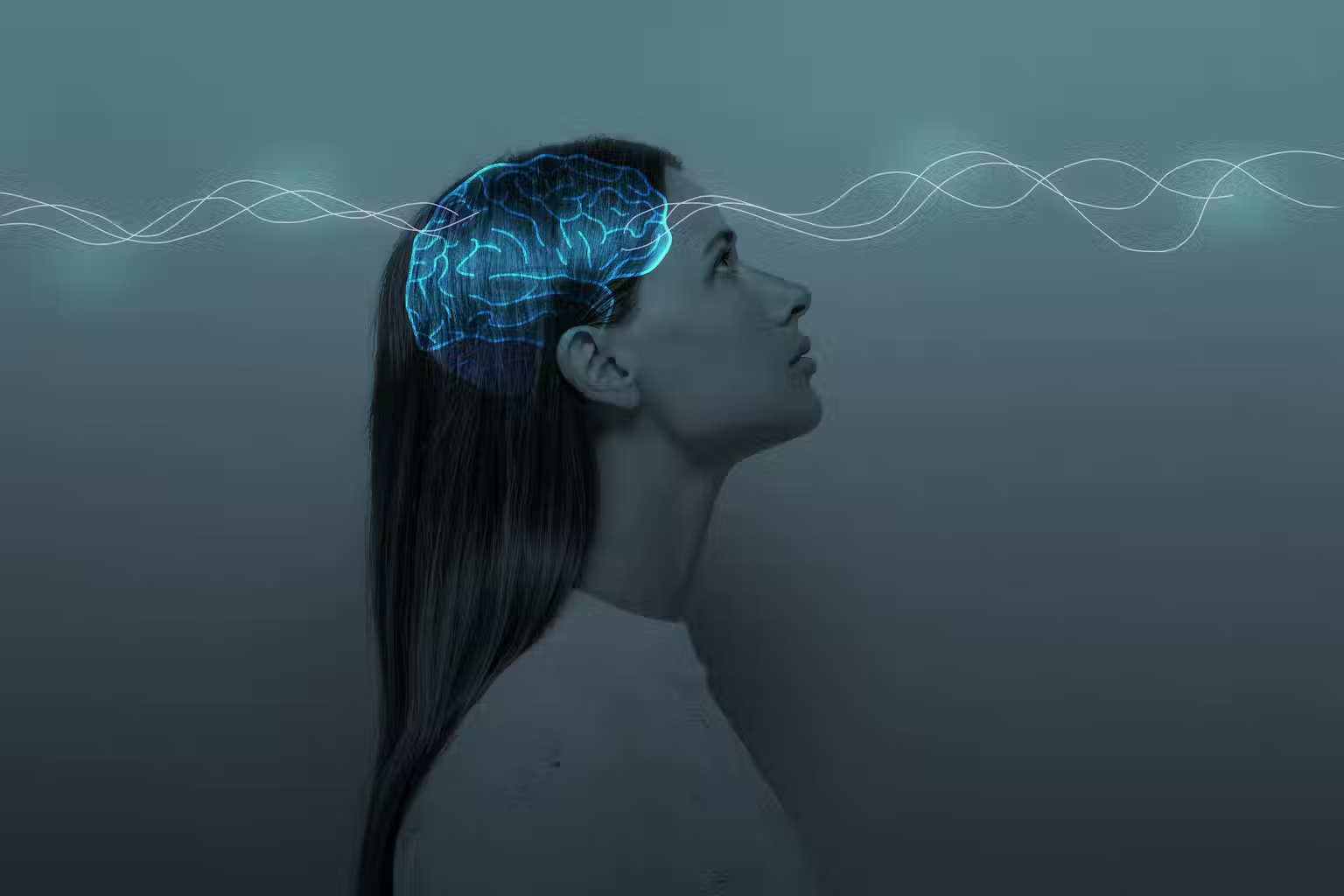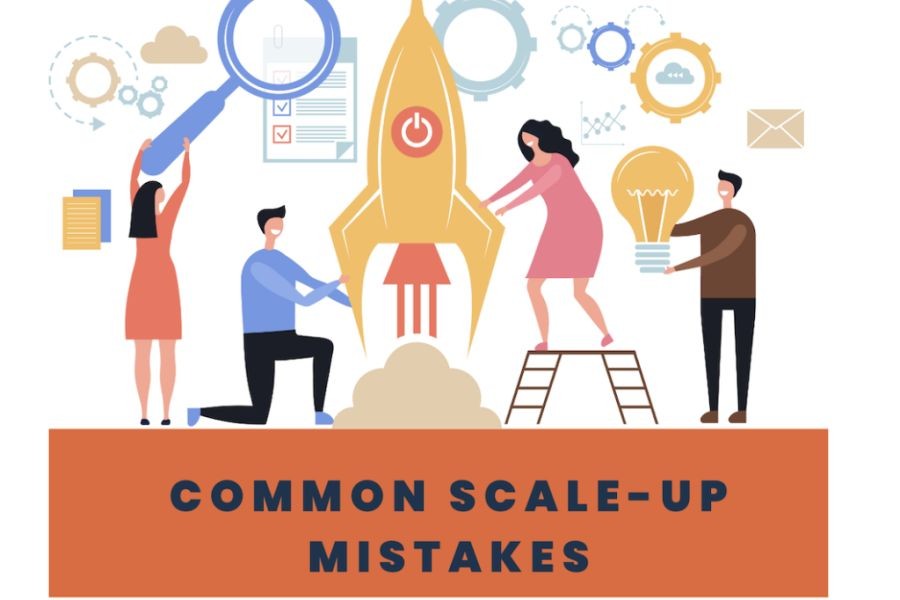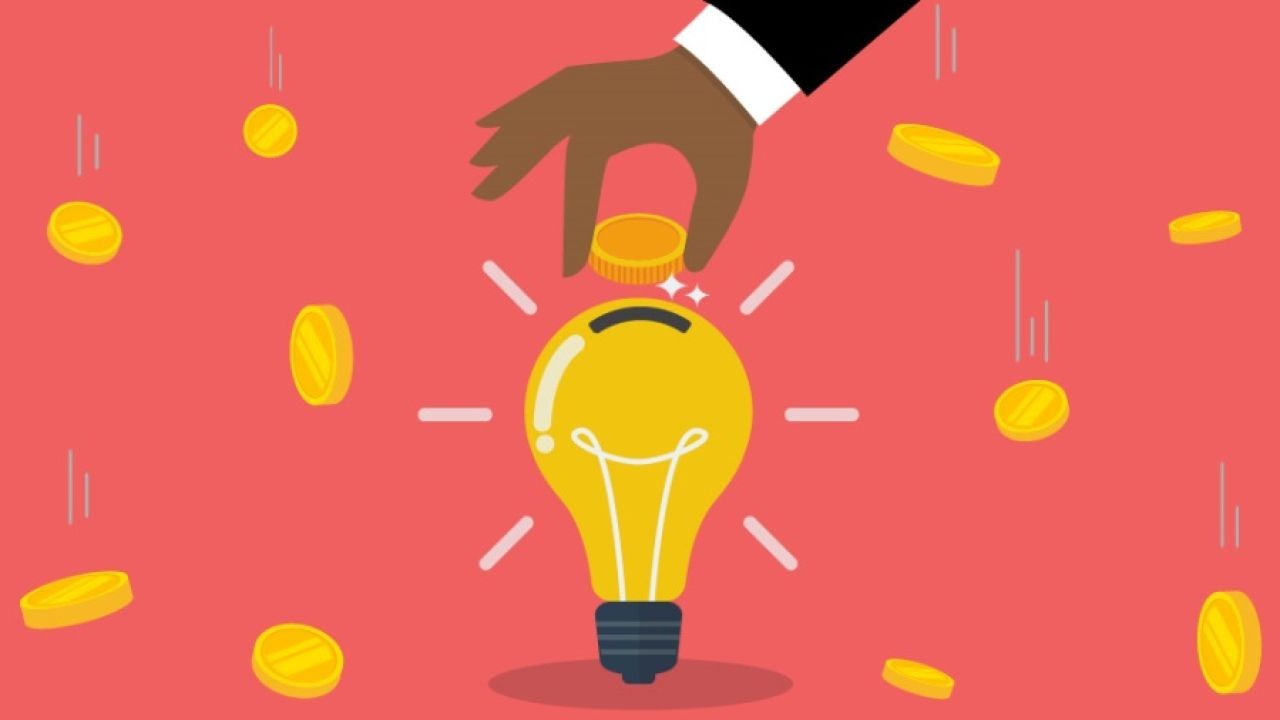In recent years, the integration of Artificial Intelligence (AI) in various sectors has sparked debates about the potential of AI replacing human roles. One such debate centers on the education sector, specifically whether Australian schools could ever become fully AI-powered. This question is not just theoretical; it has implications for the future of education, the role of teachers, and the overall learning experience of students. In this article, we will delve into the potential of AI in education, its current impact, and whether Australian schools could realistically transition to being fully AI-driven.
The Current State of AI in Education
Artificial Intelligence is already making significant inroads in the educational sector globally, including in Australia. AI technologies are being used to personalize learning experiences, automate administrative tasks, and even assess student performance. For instance, Pearson Education, a leader in educational technology, has developed AI-driven platforms that adapt to students' learning paces, thereby offering a personalized education experience.
Case Study: AI in Australian Classrooms
In a pilot program conducted in New South Wales, several schools implemented AI tools designed to assist teachers in providing customized learning experiences. The results were promising, with feedback suggesting that students were more engaged and performed better in subjects where AI tools were used. This pilot program highlights the potential benefits of integrating AI into the educational framework, but it also raises questions about how far this integration could go.
Pros and Cons of AI in Education
Pros:
- Personalized Learning: AI can analyze a student's learning style and pace, offering a customized educational experience that is often more effective than traditional methods.
- Efficiency: Automating administrative tasks allows teachers to focus more on teaching and less on paperwork.
- Resource Accessibility: AI can make educational resources more accessible, especially in remote areas where qualified teachers might be scarce.
Cons:
- Lack of Human Interaction: While AI can provide personalized learning, it cannot replace the empathy and interpersonal skills that human teachers offer.
- Data Privacy Concerns: The use of AI involves collecting and analyzing student data, which can raise issues related to data privacy and security.
- High Initial Costs: Implementing AI technologies can be costly, which might be a barrier for many schools, particularly in rural areas.
AI vs. Human Teachers: The Debate
The debate between AI and human teachers is not just about technology versus tradition. It is about redefining the role of teachers in an AI-enhanced educational environment. While AI can handle data-driven tasks and offer personalized learning, human teachers bring emotional intelligence and critical thinking skills that are crucial for students' overall development. According to a report by the Australian Bureau of Statistics, while 75% of educational tasks can potentially be automated, the remaining 25% require complex human interactions that AI cannot replicate.
Industry Insight: Teacher's Role in an AI-Powered Classroom
Experts believe that instead of replacing teachers, AI will redefine their roles. Teachers will become facilitators of learning rather than just providers of knowledge. This shift will require teachers to develop new skills, particularly in technology management and emotional intelligence. In Australia, teacher training programs are already evolving to include these aspects, preparing educators for future classrooms.
Common Myths about AI in Education
- Myth: AI will completely replace teachers. Reality: AI is designed to assist, not replace teachers. The human element in teaching is irreplaceable, especially in fostering emotional and social skills.
- Myth: AI can solve all educational challenges. Reality: While AI can enhance learning, it cannot address all issues such as lack of infrastructure or socio-economic barriers.
- Myth: AI is too expensive for schools. Reality: Initial costs can be high, but over time, AI can lead to cost savings through improved efficiencies and resource management.
Future Trends and Predictions
Looking ahead, AI’s role in education is expected to grow. By 2030, it's predicted that 40% of educational tasks in Australian schools will be AI-assisted, according to a report by Deloitte. This trend will not only change how students learn but also how schools operate. Policies will likely evolve to include AI ethics and data privacy, ensuring that AI is used responsibly and effectively.
Regulatory Insights
The Australian Competition & Consumer Commission (ACCC) and the Australian Prudential Regulation Authority (APRA) will play crucial roles in setting guidelines to ensure that AI in education is deployed ethically and securely. These regulations will focus on data privacy and the ethical use of AI technologies in classrooms, safeguarding students' information and rights.
Conclusion
While the prospect of fully AI-powered schools in Australia remains a topic of debate, the current trajectory suggests a future where AI and human teachers coexist, each enhancing the other's capabilities. AI will handle data-driven tasks, allowing teachers to focus on nurturing critical thinking and emotional intelligence in students. The key will be finding a balance that leverages the strengths of both AI and human interaction to provide a holistic educational experience.
As AI continues to evolve, so too will its applications in education. Schools, educators, policymakers, and tech developers must collaborate to ensure that AI is used to its fullest potential, not just to improve educational outcomes but also to prepare students for a future where AI is an integral part of everyday life.
People Also Ask (FAQ)
- How will AI impact the role of teachers in Australia? AI will transform teachers into facilitators of learning, focusing more on developing students' critical thinking and emotional intelligence.
- Can AI replace human teachers completely? No, while AI can handle data-driven tasks, human interaction is crucial for emotional and social skill development.
- What are the regulatory challenges of AI in education? Key challenges include ensuring data privacy and setting ethical guidelines for AI use in classrooms.
Related Search Queries
- AI in education Australia
- Future of AI in schools
- AI vs human teachers debate
- AI educational tools in Australia
- Data privacy in Australian schools
































margieschuster
10 months ago